Introduction: Why fluency in English is a life-changing skill
In our increasingly globalized world, being fluent in English is not just a skill, but a passport to opportunities. Whether you want to study abroad, advance your career, travel freely, or connect with someone online, your ability to communicate in English fluently gives you a huge advantage.
But as a beginner , it can be intimidating:
Where do you start? Do you need to learn with a native teacher? Is it better to learn perfect grammar first?
The fact is you don’t have to be perfect, you just have to start!
In this post you will find 15 powerful tips that will get you speaking English fluently, even if you’re starting at 0.
Let’s go!
1. Start Speaking English from Day One
Don’t wait until you know “enough”. Speak English from Day One.
The fastest way to become fluent is to practice speaking – even if you make mistakes. Talk to yourself in English, practice greetings, practice what you are doing, etc.
Tip: Narrate your day out loud.
“I am brushing my teeth now… now I am making coffee…”

2. Train Your Brain to Think in English
If you constantly translate from your own language to English your brain will slow you down. Train your mind to be able to think in English.
Start Small:
- Instead think “It is hot today” instead of translating it.
- Instead of translating in your head look at things and say what is it in English: this is a “cup”, it’s a “phone”, these are “keys”
As you practice your brain will tend to choose automatically English words.
3. Learn Phrases not Just Words
When learning English don’t just focus on learning single vocabulary words. Focus on learning phrases and sentence patterns so you can use them in authentic conversations.
Example:
- “I’m just looking.” (for shopping)
- Can you “help” me with this?”
- “That sounds great!”
They are certainly more useful than knowing single words like “look” or “help.”
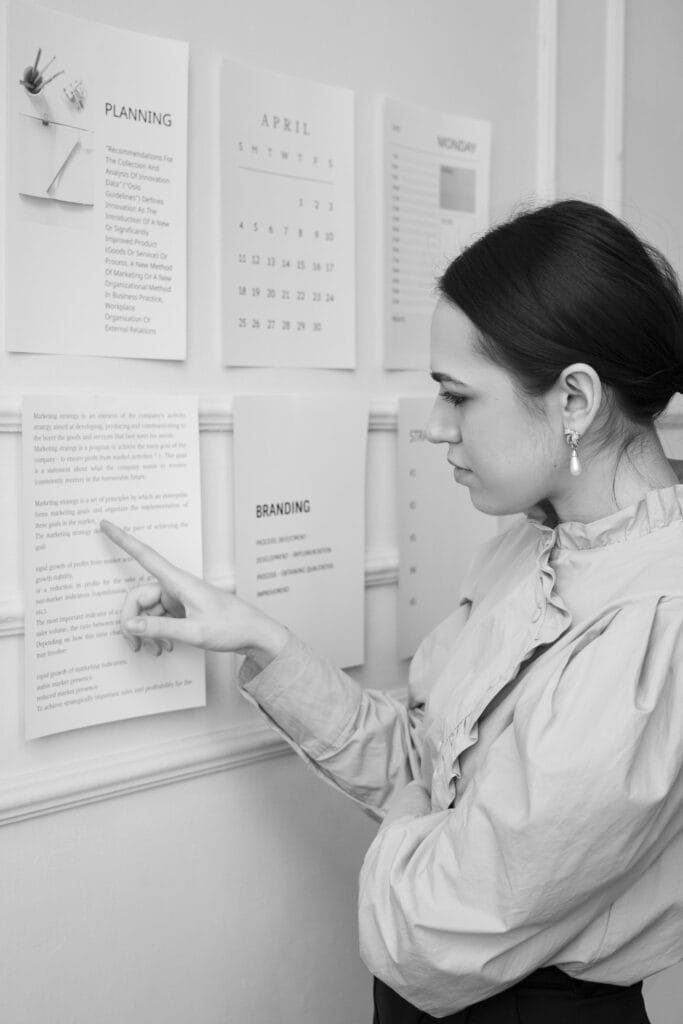
4. Imitate Native Speakers
Watch YouTube videos, podcasts, or English movies, and when you watch or listen, repeat what you hear.
Imitate their pronunciation, intonation and style.
Practice Routine:
- Listen to 1-minute clip.
- Pause.
- Repeat exactly what they are saying.
You will learn to speak faster, and with better intonation and fluency, without even trying.
Good YouTube Channels:
5. Conversing with real people
When you speak with another person, even if they are learning too, you are learning the real-life skills in conversation.
Where to find a Speaking Partner:
- Tandem
- HelloTalk
- Facebook or WhatsApp English learning groups
Don’t wait to find your perfect partner. Just start talking!

6. Record Yourself Speaking English
One of the best ways to improve is to record yourself speaking and listen.
Why is this an effective strategy?:
- You will hear any errors in your pronunciation.
- You will learn to speak more clearly, by slowing down your speech.
- You will be able to track your improvement as the weeks go by.
Example topic: What I did today.
Aim for 2 minutes daily. Record your topic, then listen, improve, and repeat.
7. Include English in your life.
To really become a part of your life, you need to use English in real life on a daily basis.
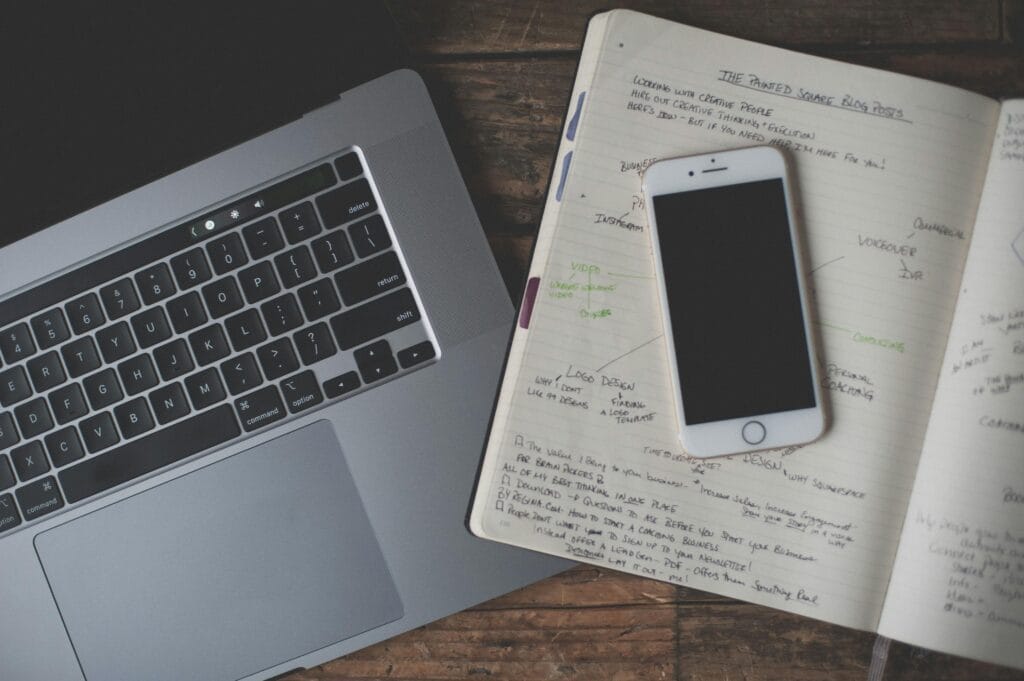
Everyday Practice:
- Change your language to English in your phone settings.
- Write your grocery list in English.
- Talk to your cats, dogs (or babies) or the mirror.
You will eventually start speaking more “naturally” and “automatically.”
8. Work on clear pronunciation, not accent.
You don’t need to have a British or American accent to be fluent. What you need is clarity, can people understand you?
Focus on words that have sounds in them that are tricky for you:
- “th” in think
- “v” vs. “w”
- Ending sounds: Walked vs Walk
Apps like Elsa Speak and websites like Forvo.com can help you practice your pronunciation.
9. Learn the Most Common Words First
To speak fluently, you don’t need thousands of words. The starting point is learning the common 1000–2000 words in English language, which make up around 80–90% of spoken English.
Resources:
- Oxford 3000 Word List.
- Vocabulary.com.
- Memrise or Quizlet flashcards.
Start with words related to your daily life: family, food, feelings, time, etc.

10. Keep a Speaking Journal Every Day
You will improve your fluency when you practice speaking every day.
Each day, take a topic that is simple and speak for one minute about it, recording your voice.
Possible topics:
- “What I ate today”
- “My favorite movie”
- “Something I learned”
This will build your speaking muscle and help you think and talk in English quickly and confidently.
11. Learn Idioms and Phrasal Verbs
English is rich with idioms and phrasal verbs (two-word combinations like “give up” or “run into”) that make speech sound more flowing.
Examples:
- “I ran into my old friend.” (met by accident)
- “I’m looking forward to the weekend.” (excited about)
Learning these little phrases will help you sound more fluent and confident!
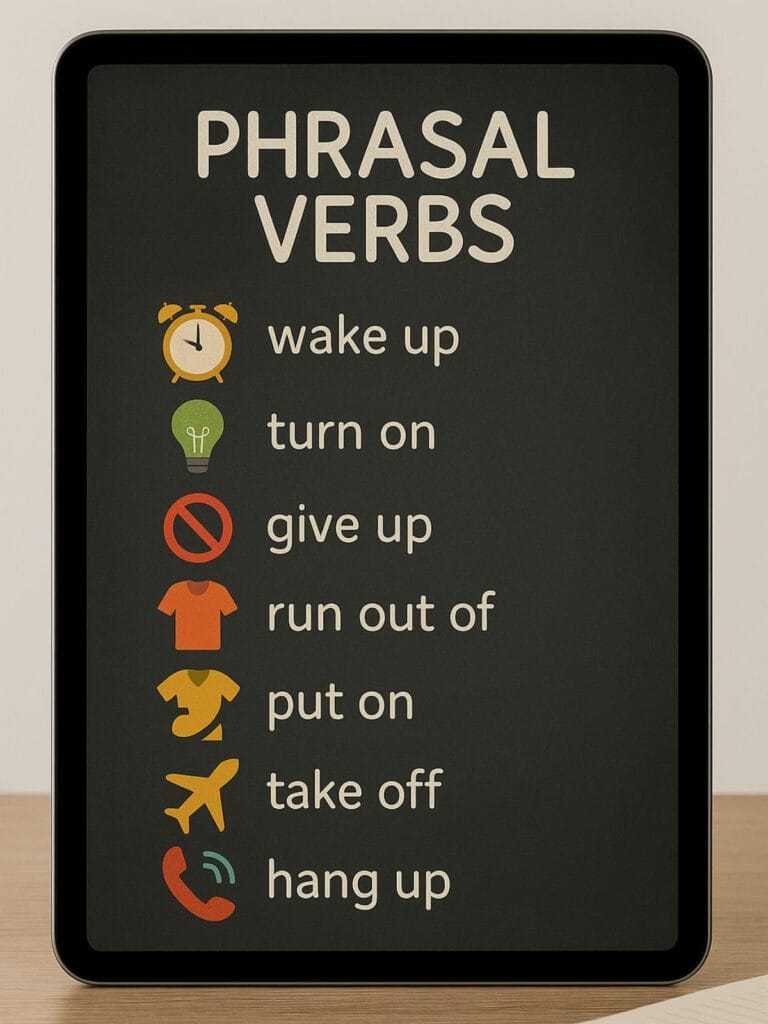
12. Join Online English Speaking Groups
Search for English speaking practice groups where you can talk to people around the world.
Great Places to Join:
- Reddit: r/English Learning
- Discord English servers
- Free Zoom practice groups
These are easy, friendly, and full of real conversation practice.
13. Use AI Tools and English Chatbots
Want to practice by yourself? Use an AI tool or chatbot and practice simulated conversations.
Best Tools:
- ChatGPT (ask questions and give you feedback)
- Duolingo conversation bots
- Elsa Speak (for pronunciation)
Every day — even if it’s just 5 minutes.
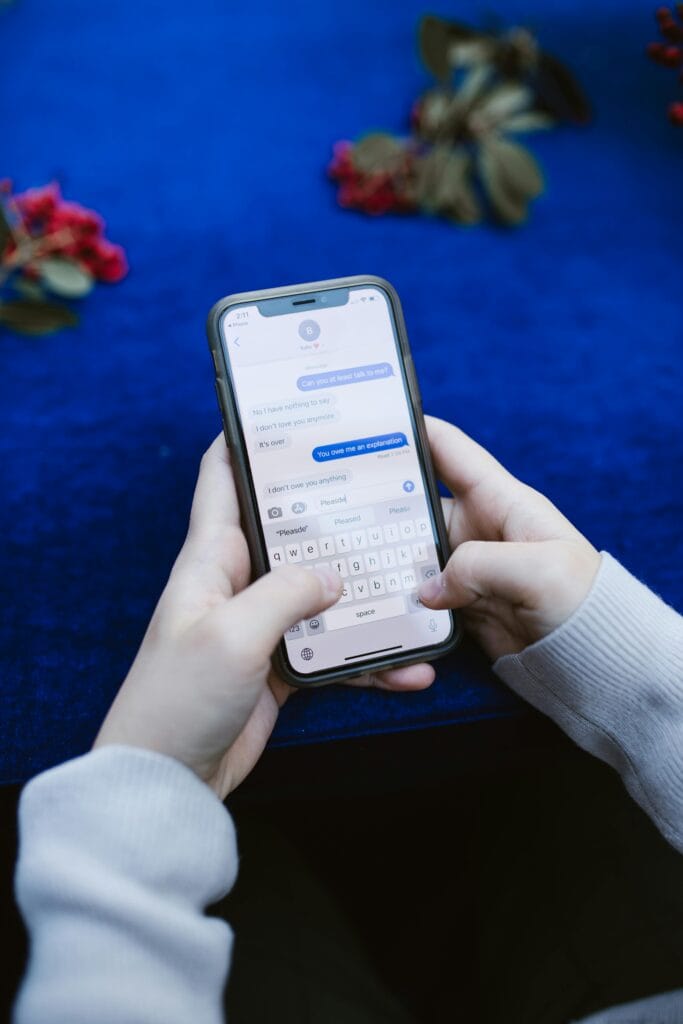
14. Do Not Be Afraid of Making Mistakes
Mistakes = learning. Don’t feel shy or embarrassed when you say information wrong.
Every fluent speaker has made thousands of mistakes. Everyone makes mistakes, in fact, the key is to speak more, not less.
Mindset Shift:
If you are making mistakes, you are improving.
15. Reflect on Your Progress Each Week
At the end of each week, ask yourself:
- What are some new words that I learned?
- Did I talk more confidently?
- What is one thing I want to improve?
Reflection and tracking your progress will keep you motivated in your learning and also show how far you’ve come.
Keep a notebook or use this amazing app called Notion or even Google Docs to document your English journey.
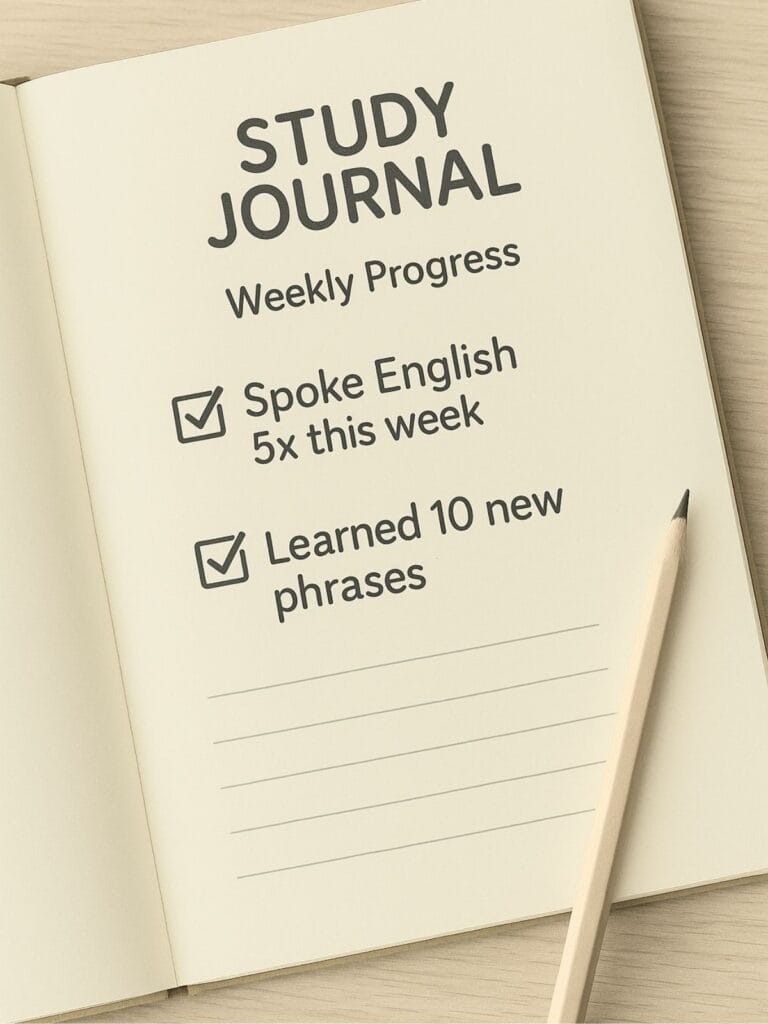
Final Thoughts: You Can Use English Fluently — One Day at a Time
Fluency is not a talent — it’s a habit. Anyone can go from beginner to confident speaker , with small steps every day.
In summary:
- Start speaking today — don’t wait.
- Use English in your daily life.
- Practice with people and materials.
- Think in English whenever you can — not your language.
- Celebrate your progress, every week.
If you followed even 3-4 of these strategies, your fluency in English will get better faster than you ever believed possible.



2 Responses